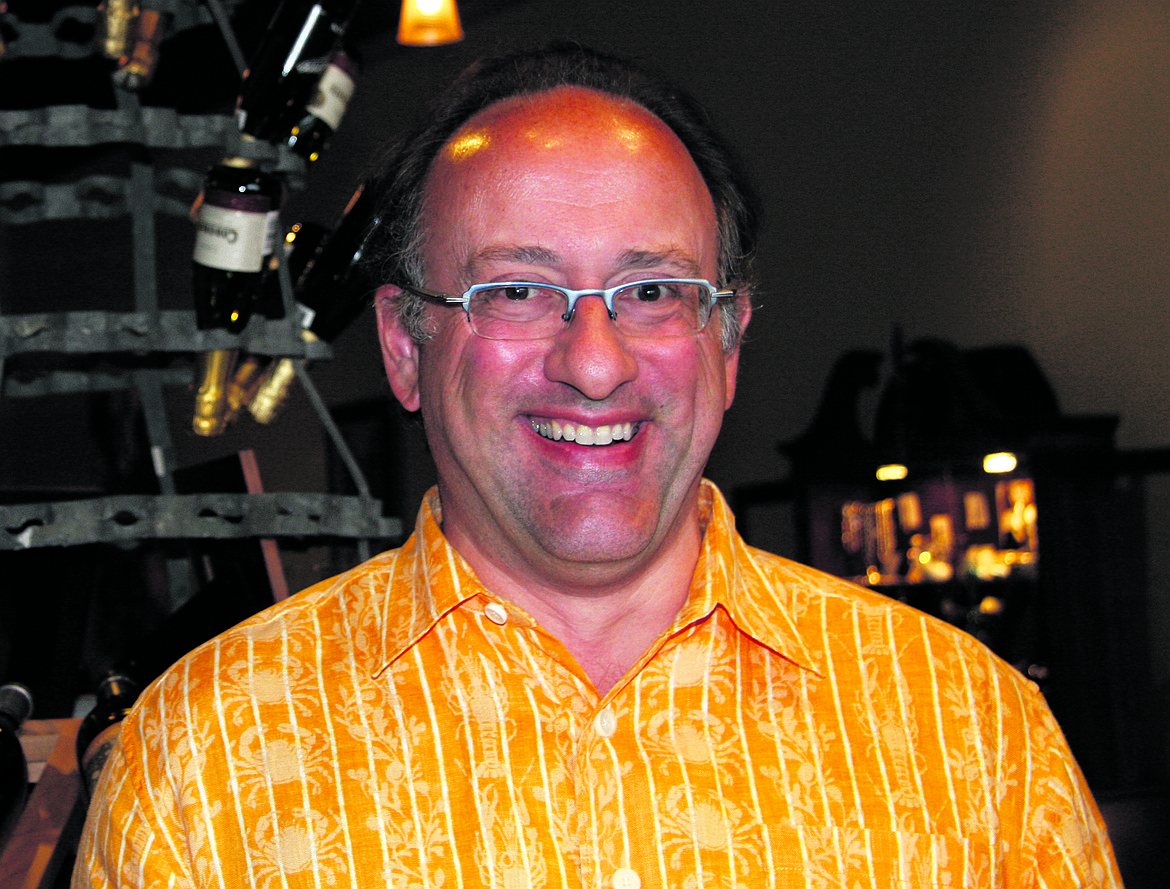ADVERTISING: Advertorial — Not just Silicon Valley
News broke on Friday that Silicon Valley Bank located south of San Francisco had failed and gone into receivership. Trading in the stock was halted and the FDIC along with California regulators stepped in. They set up a new bank, the National Bank of Santa Clara to handle the liquidation of deposits. Silicon Valley Bank was the 16th largest bank in the country with 6,500 employees in their banks located in California and Massachusetts.
Mary and I have been familiar with the bank from our time living in the bay area and while the bank always had a bit of a boom and bust business model due to their narrow industry focus we never saw anything like this. The trouble apparently started with a “good ole” bank run that began on Wednesday and by Friday the regulators stepped in and brought the storied decades long history of this large bank to an end. The effects for the technology industry while obvious in some ways will be more devastating than we may realize as many of the most forward-looking startups will not have access to their capital for an undetermined time.
Why am I writing about this bank failure in my wine column you might ask? For over 30 years Silicon Valley Bank has also been one of the primary lenders and advisors to the wine industry. Before we get to the pure business impacts to the wineries affected, there is the matter of the bank’s advisory business to the wine industry. They not only had a deep understanding of the business of wine they published an annual wine industry report that many wineries both California based and others used to guide their planning and forecasting for all aspects of the wine business.
The deep understanding the bank has of the wine business can’t be overstated. There are many nuances to the wine business that simply don’t show up in other industries. The length of time a winery carries inventory is a huge issue. While many white wine productions can be released within a year of when the wine is made, reds are almost always aged for a minimum of three years, but can be aged much longer prior to release. If you think of that investment not just in grapes but in all components of what we see at the retail level including bottles, closures, labels, cardboard boxes and the like must be financed for at least three years before you see any revenue. While the most well healed wineries may not need bank financing to carry that inventory many do. Silicon Valley Bank knows that aspect of the business and was very involved in that lending stream.
The bank was also intrinsically involved in financing vineyard development. When a new vineyard is planted it takes a minimum of 3 years before any fruit is produced. It is much longer before the vineyard reaches peak production and grape quality. This wait for production is complicated by the huge investment required to acquire land and get it ready for planting. Irrigation systems the purchase of the vines and root stock to name just a couple are the upfront costs that require financing. Just like annual operations and ageing wine prior to release it is only a handful of the most well to do wineries that won’t need bank help at times.
The equipment that wineries use on a regular basis like barrels, presses, tanks, pumps and other items are all expensive. Labor too during the harvest and maintaining vineyards during the year all are costly. While the lending source for many wineries may indeed go away with the closing of Silicon Valley Bank, it will also result in working capital being unavailable for many of them. Bank loans are not a one-way street. Most any bank wants a business they lend to, to also keep their accounts at the bank. While the liquidation of the bank and all the legal wrangling and sorting out of the books goes on, there will likely be many wineries which won’t have access to all of their funds.
The FDIC and other regulators have stated that insured deposits which represent those up to $250,000 will be available in the coming week. Amounts over that will take longer to access. That will present challenges to many wineries, the effects of which are not yet known.
In time there will no doubt be other banks that step in to fill the void left by Silicon Valley’s failure. The California Wine Industry is too big and profitable to not garner business minded attention. How long that takes and the impacts to the wine industry in the meantime remain to be seen. We will keep you posted on developments.
• • •
George Balling is co-owner with his wife, Mary Lancaster, of The Dinner Party, a wine and gift shop in Coeur d’Alene by Costco. The Dinner Party has won the award for best wine shop in North Idaho twice, including for 2018.
George is also published in several other publications around the country. After working in wineries in California and judging many wine competitions, he moved to Coeur d’Alene with Mary more than 10 years ago to open the shop.
You can also follow us on Facebook at facebook.com/#!/dinnerpartyshop or visit www.thedinnerpartyshop.com.

